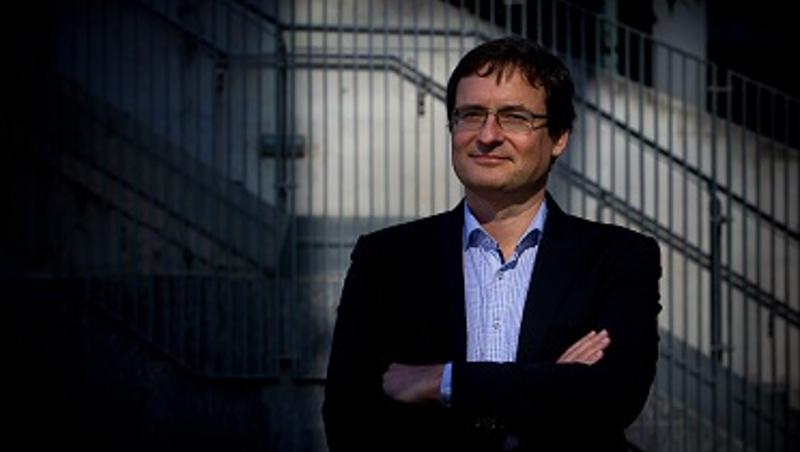
Teams from around Australia will converge on QUT this Sunday to compete in Australia’s first Nudgeathon – a behavioural change challenge to encourage more people to volunteer; not just for the sake of society but to improve their own wellbeing.
Australia’s first Nudgeathon is being presented by QUT’s Queensland Behavioural Economics Group (QuBE) in collaboration with the UK’s Warwick Business School, the Behavioural Economics Team of the Australian Government (BETA) in the Office of Prime Minister and Cabinet, and the Local Government Association of Queensland (LGAQ) and the Department of Social Services.
Professor Uwe Dulleck from the QUT Business School is leading the three-day event and said Behavioural Economics or ‘Nudge’ techniques were an increasingly important tool in public policy and public health campaigns.
“The economics in Behavioural Economics can identify areas in which people make decisions that do not appear to be in their interest. Behavioural and Psychology Insights can help to design a ‘nudge’ to drive positive change,” Professor Dulleck said.
“The pioneers of ‘nudge’ techniques – Richard Thaler and Cass Sunstein – call it ‘choice architecture’. They argue any decision a government asks its people to make involves choice architecture. Behavioural Economics provides the tools to be scientific about this.
“Framing a decision in a certain way can help people to make a better choices for their health, wealth and happiness.
“So when the government wants to inspire people not to smoke, instead of banning cigarettes outright they ban the advertisements and introduce plain packaging and these ‘nudges’ steer people in a healthier direction. Responsible alcohol consumption campaigns take a similar tack.
“Our Nudgeathon teams will work on solutions designed to encourage more young people to volunteer. While this would be a good outcome for society as well, the nudge leverages research which shows that if you volunteer you are better off physically, mentally as well as economically – with respect to better job market outcomes.
“This is a classic nudge scenario with an extra benefit to our society. Our ageing population is going to need more volunteers and there has been a decline in younger people stepping up to that yet it will be to their advantage if they do.
“Nudge economics is all about helping people make better decisions for their health, wealth and happiness.”
Professor Dulleck said the Nudgeathon concept was created by the Warwick Business School, a world leading Business school, as a behavioural change competition in which students develop solutions to real-life social issues. This is the first such event to be held outside of the UK.
The 11 teams competing are from QUT, QuBE (featuring students from QUT and Griffith University), the University of Sydney, University of Melbourne, University of Adelaide, University of NSW, University of Queensland, University of Newcastle, the Federal Department of Social Services, and the Australian Social Marketing Association.
Using principles of behavioural science each will work on a problem brief and present their solutions to a panel of expert judges. Winners will be announced on day three. The winning team will receive $3,000 and their proposal presented to government with the goal of being implemented either at Commonwealth or State level.
The Nudgeathon is on from 17-19 September at QUT’s Gardens Point Campus.
The Queensland Behavioural Economics group at the QUT Business School is the largest of its kind in Australia. It’s a platform to bring together researchers from economics, finance and behavioural sciences to push the frontiers in theoretical and applied behavioural economics research. The group strives to evaluate, inform and design decisions and institutions in business, politics and society.
“Hosting an event like the Nudeagthon, which applies real-world solutions to important social issues, helps build and strengthen important partnerships between QUT and it students with government agencies, international partners, community organisations and private enterprise,” Professor Dulleck said.
Media contact:
Amanda Weaver, QUT Media, 07 3138 3151, amanda.weaver@qut.edu.au
After hours: Rose Trapnell, 0407 585 901, media@qut.edu.au


